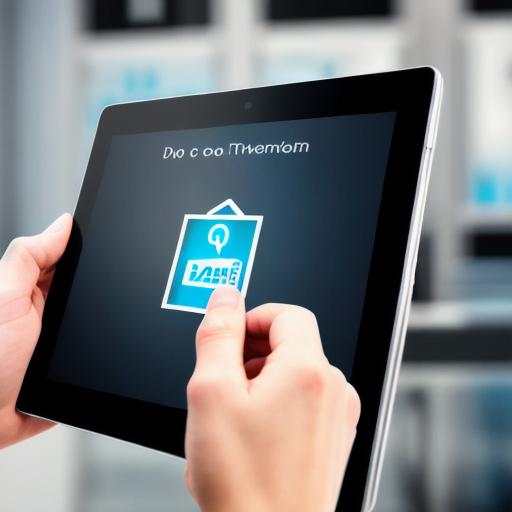In today’s digital age, the secure exchange of sensitive information is crucial for various business transactions. One such solution that ensures the protection and efficient transfer of critical data is a data room. In this article, we will explore what a data room is, how it works, and its significance in business dealings.
What is a Data Room?
A data room is a secure, virtual or physical space designed to facilitate the exchange of confidential documents and other sensitive information during mergers and acquisitions (M&A), fundraising, real estate transactions, and various other business negotiations. These rooms provide a controlled environment where parties can access, review, and analyze critical information at their own pace, while ensuring the data’s security and privacy.
How Does a Data Room Work?

A data room operates through a combination of advanced technologies and strict access protocols:
- Access Control: Only authorized users are granted access to the data room, which is typically managed through multi-factor authentication, secure logins, and role-based permissions.
- Data Security: Data rooms employ robust security measures such as encryption, firewalls, and intrusion detection systems to safeguard the confidential information from unauthorized access or theft.
- Document Management: Data rooms offer features like version control, which ensures that all parties are working with the most up-to-date documents, and document watermarking, which helps prevent unintended sharing or distribution of sensitive files.
- User Experience: User interfaces in data rooms are designed to be intuitive, making it easy for users to navigate through large volumes of information, search for specific documents, and collaborate with other parties involved in the transaction.
Why Use a Data Room?
The use of a data room offers several benefits:
- Enhanced Security: By utilizing a secure data room, businesses can protect their sensitive information from unauthorized access or leaks during negotiations and transactions.
- Efficient Processes: Data rooms enable parties to review and analyze critical documents at their own pace, making the overall process more efficient and reducing the need for physical meetings.
- Compliance: For industries with strict regulatory requirements, data rooms help ensure compliance by providing an auditable trail of user activity within the virtual environment.
- Improved Collaboration: Data rooms allow multiple parties to work together on deals, providing a centralized location for all documents and information related to the transaction.

In conclusion, a data room is an essential tool for businesses involved in transactions that require the secure exchange of sensitive information. By utilizing advanced security measures, efficient document management, and user-friendly interfaces, data rooms ensure that critical information remains protected while enabling parties to collaborate effectively throughout the negotiation process.
